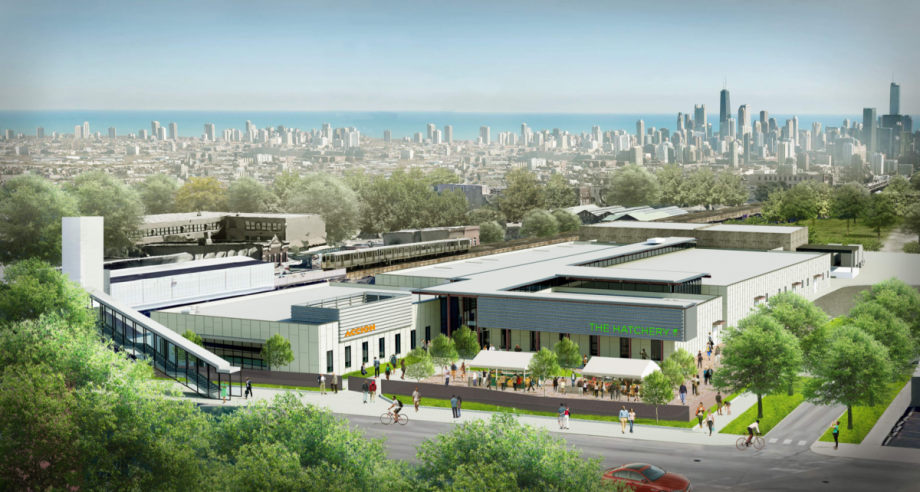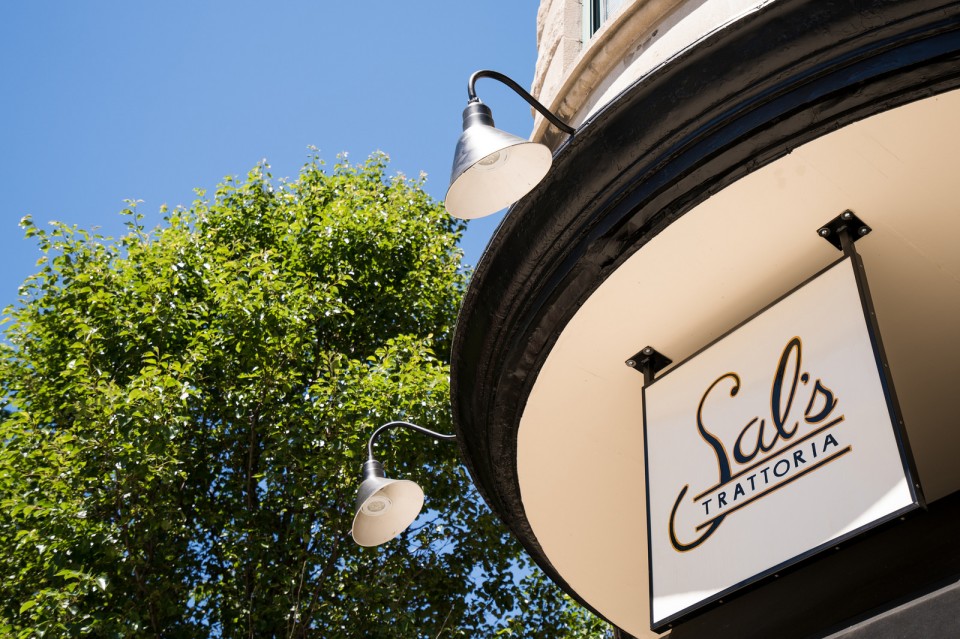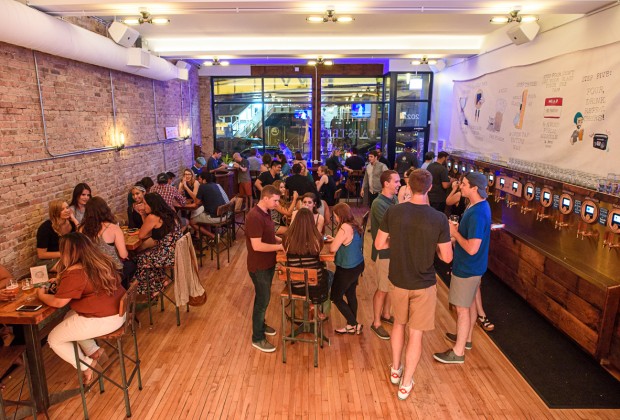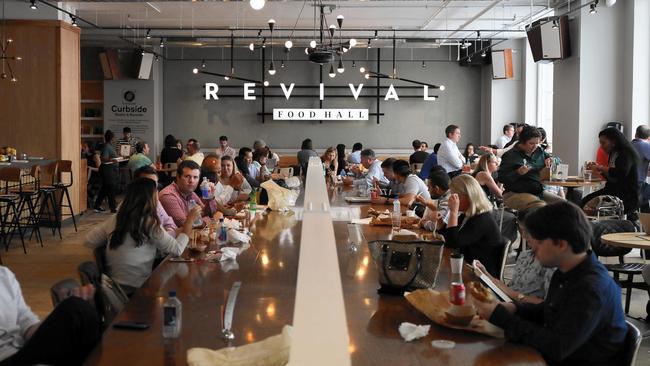
Jul 22, 2017
Oscar Perry Abello | Next City | July 19, 2017
Angela Taylor has been helping her neighbors grow food for years on the west side of Chicago. Soon, she’ll be helping some of them grow food businesses.
Taylor learned how to grow stuff at a young age. “Me being the youngest girl, I didn’t get to do the laundry and other chores inside,” she remembers. “I had to go outside and help daddy with the gardening.”
She and her husband moved into their current home, in the East Garfield Park neighborhood, in 2004. There was an abandoned community garden next door, covering two city lots, with raised beds.
“Right in front of where the garden had been [was] a notorious zone for the drug traffic,” Taylor recalls. “They sat in front of the garden on milk crates selling drugs all day and all night.”
She and her sisters cleaned up the space and put it back into use. It’s become the hub of the Garfield Park Community Council’s Community Garden Network, with 32 resident-led gardens scattered throughout East and West Garfield Park. Each garden provides some fresh fruits and vegetables for the gardeners, their families and neighbors, and the rest gets sold at the council’s bimonthly Neighborhood Market, which accepts food stamps as payment. “I’m sure you know we’re living in a food desert, and there is a lack of fresh produce,” says Taylor, who retired in 2012 from the Illinois Department of Human Services.
Taylor’s garden now has a rainwater catchment and irrigation system, and a community greenhouse with solar-powered heating and lighting. Every growing season, the garden network takes seedlings from the greenhouse to get started, and there’s enough left over to share with gardeners from other neighborhoods. There’s no more drug trafficking out front.
“When I first moved in, the seniors on my block wouldn’t even come out and sit on their porch because of all the drug trafficking,” Taylor adds. “But go there now and they’re sitting on their porch, some of them are taking naps, because now they feel safer in that type of environment. There’s not too much more to be said about that.”
Taylor hopes that The Hatchery, a brand-new, 67,000-square-foot food business incubator coming to the neighborhood, may have a similar effect on a much larger scale.
CONTINUE READING

Jun 26, 2017
Ashok Selvam | Eater Chicago | June 14th, 2017
The chef behind Butcher & The Burger in Lincoln Park hopes his new Italian restaurant will solve an enigmatic corner in Lakeview that’s struggled to keep tenants. Sal’s Trattoria, 2834 N. Southport Ave., opens tonight and Allen Sternwelier says he’s focusing on great service and affordable prices to hopefully find success. The seemingly cursed space at Southport and Wolfram has been a revolving door for restaurants: Mirador, The Bentley Tavern, Palette Bistro, and the troubled Lucca’s have passed through since 2011.
Sternwelier said he isn’t concerned with the past. “I can only surmise if the previous restaurant operators were doing something right that they would still be there,” he said, as well as that he’s only focused on attracting local families with a casual atmosphere. Sternwelier estimated his crews remodeled about 70 percent of the old Mirador space. He’s confident that the group’s hard work, including countless hours of recipe tasting, will pay off. Take a look at the menu here.
There’s an emphasis on comfort at Sal’s, as Sternweiler isn’t trying to be a downtown or West Loop fine-dining restaurant. There’s even a TV hidden in the corner. “Spiaggia isn’t our competition,” he said. Sal’s will also take a traditional approach to cocktails — he’s not hiring a mixologist.
CONTINUE READING

Jun 22, 2017
Peter Ranvestel and Bettina Chang | Chicago Magazine | June 19th, 2017
Don’t assume that Tapster (2027 W. North Ave., Wicker Park), the self-service drinking hole without bartenders, removes the human element from a business. If our recent visit is any indication, the opposite is true.
The bar was bustling this weekend, with some people stepping inside just to figure out how the heck it all worked. Customers pay by the ounce and can choose from 40 different beers, plus some wines, kombucha beers, and a dozen craft cocktails. Some have used this freedom to create their own tasty mixed-beer concoctions. And, the short pours and tasting-room feel gives people more of an excuse to mingle and chat about different brews with fellow patrons or a number of helpful employees on the floor. There’s also a small food counter in the back.
FULL ARTICLE

Jun 16, 2017
Samantha Bomkamp | Chicago Tribune | June 16th, 2017
Chicago has always been a food town. Now, it’s becoming a food hall town.
Food halls — the modern, upscale, urban reincarnation of the humble mall food court — have opened in the Loop and nearby neighborhoods in recent years, and experts say their growth in the Windy City has just begun.
Why are food halls all the rage? They’re a representation of where the restaurant industry as a whole is going: Boutique. Local. Instagram-able. They fulfill consumer demand for quick and diverse food options, with a curated set of both popular restaurant outposts and newcomers.
While the traditional mall food court has a group of fast-food options aimed at helping shoppers recharge, a food hall is made to be the whole show, a destination in and of itself with a cohesive, sleek design intended to elevate the experience beyond a grab-and-go lunch from a national restaurant chain.
“They are a destination. They bring excitement,” said Doug Roth, founder of Playground Hospitality, a restaurant consulting firm. “Panda Express just can’t do that.”
Already widespread in New York and Los Angeles, there are about 35 to 40 food halls in the U.S., industry consultant Aaron Allen said, and just a handful of those are in Chicago. He estimates there could be as many as 200 across the country in just three years.
CONTINUE READING





